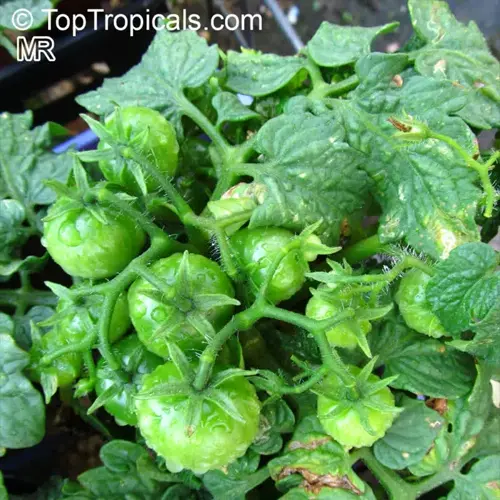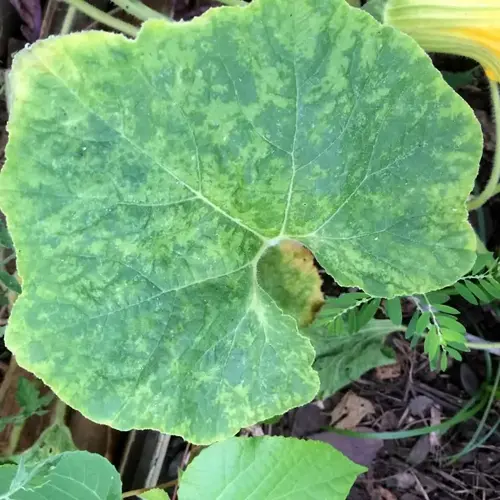Why do container plants need special soil?

Written by
Julia Anderson
Reviewed by
Prof. Charles Hartman, Ph.D.Plants housed in containers face a set of challenges that their counterparts in the ground do not have to contend with. Container plants cannot grow their roots as freely because they are confined to a small space. The dynamics of isolated soil will also drastically change, as it will not develop in the same patterns as those found in nature. Water drainage can also change within pots. Nutrients can be depleted quickly in pots that are not replenished. Specifically designed soil solutions exist to address these significant challenges.
Root Support System
- Lightweight structure: Prevents compaction in confined spaces
- Air pockets: Maintain 25-30% oxygen for root respiration
- Anchor stability: Allows roots to grip without circling
- Disease barrier: Sterile ingredients prevent pathogen spread
Moisture & Nutrient Management
- Water reservoir: Holds moisture between waterings
- Drainage control: Prevents saturation with coarse materials
- Nutrient bank: Slow-release fertilizers sustain plants
- pH balance: Maintains optimal 5.5-6.5 range for absorption
Aeration variations are important features of containers. In-ground soil has natural channels and openings made by worms and insects. Potting soil should contain perlite or pumice to help create aerated pockets of air. If there is not enough aeration, roots will die quickly. This artificial aeration will protect against root rot and promote healthy growth.
Nutrient processes are altered in confined settings. Soil microbes do not replace minerals in the same manner as they do in normal processes. Nutrients from fertilizers can leach out quickly through drain holes. Some special potting blends will contain slow-release nutrients. Organic amendments, such as compost, will support microbial feeding. Frequent fertilizing will become a necessity with container plants.
Temperature changes can greatly affect potted plants. Containers heat and cool much more quickly than soil in the ground does. Some mixes insulate just as the water-retaining materials insulate roots. Layers of mulch often protect surface roots, as well. These changes make it more difficult for roots to be damaged during temperature fluctuations. Your plants do survive temperature fluctuations, don't they?
Choosing good container gardening soil can make all the difference. The right soil artificially creates the ideal condition. Plants grow strong root systems. Water and nutrients become consistently present. Growth rates can even double! You can purchase high-quality mixes to help you successfully grow container gardens.
Read the full article: Choosing the Best Container Gardening Soil

